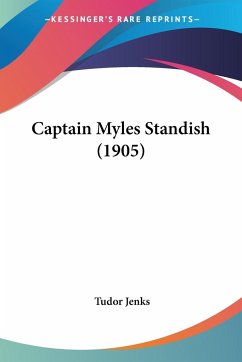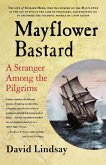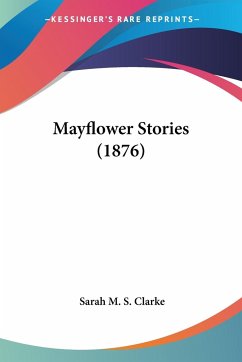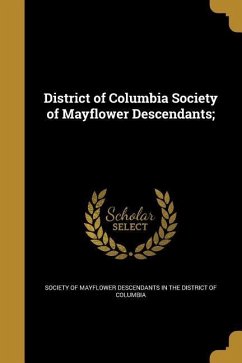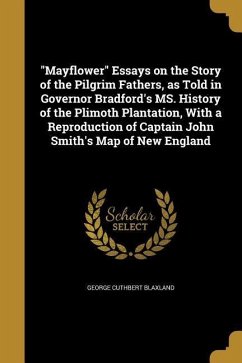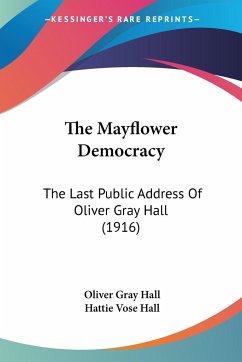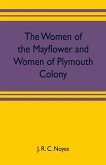The Mayflower Fullers in Nunda, New York, is a historical account of the Fuller family in Nunda, who were direct descendants of Edward Fuller. Edward arrived in the "New World" aboard the Mayflower in the fall of 1620.The Township and Village of Nunda, New York, are in southeastern Livingston County in western New York. Nunda is a Seneca name referring to where a valley meets the hills. Nunda Township was created in 1808 and was opened to settlement as part of the Morris Reserve. The Township originally was a twelve-square-mile tract when it was part of Allegany County, but it was reduced to six square miles when the region along the Genesee River was separated and later designated a State Park. The rest of Nunda became part of Livingston County. Nunda's history records only three families living in the Township in 1808, but the number of residents increased to 1,291 in 1830 and 2,636 by 1840.New England's increasing population and high reproductive period witnessed a population boom. This placed a strain on the resources of New England to provide farmland for each newly married family. Many of the early residents of Nunda came from New England, which is evident by the names of two village streets: Massachusetts and Vermont. Among the families leaving Massachusetts was the Joshua Fuller family. Joshua Fuller purchased land in the Township along what was later named Fuller Road, where Joshua, his son William C., and a grandson, Henry, all farmed. In his advancing years, Joshua Fuller moved from his farm to Massachusetts Street, where he resided until his death.Nunda village was incorporated in 1839 on the site where four Seneca Indian camps were once located. Village life centered around a village square, a newly created post office (1831), and the construction of two commercial blocks: Merchant's Row and Farmer's Exchange. Nunda's population continued to rise due to the new Genesee Valley Canal in 1861, which permitted the shipping of local timber and grains to New York City, Syracuse, and Rochester. Unfortunately, the Canal's value quickly declined with the new railroad lines across New York State. Nunda was not originally included on a railroad route, but a trunk line was later established by 1882. Consequently, Nunda took on the symbols of prosperity with newspapers, manufacturing, banks, and commercial businesses.
Bitte wählen Sie Ihr Anliegen aus.
Rechnungen
Retourenschein anfordern
Bestellstatus
Storno


